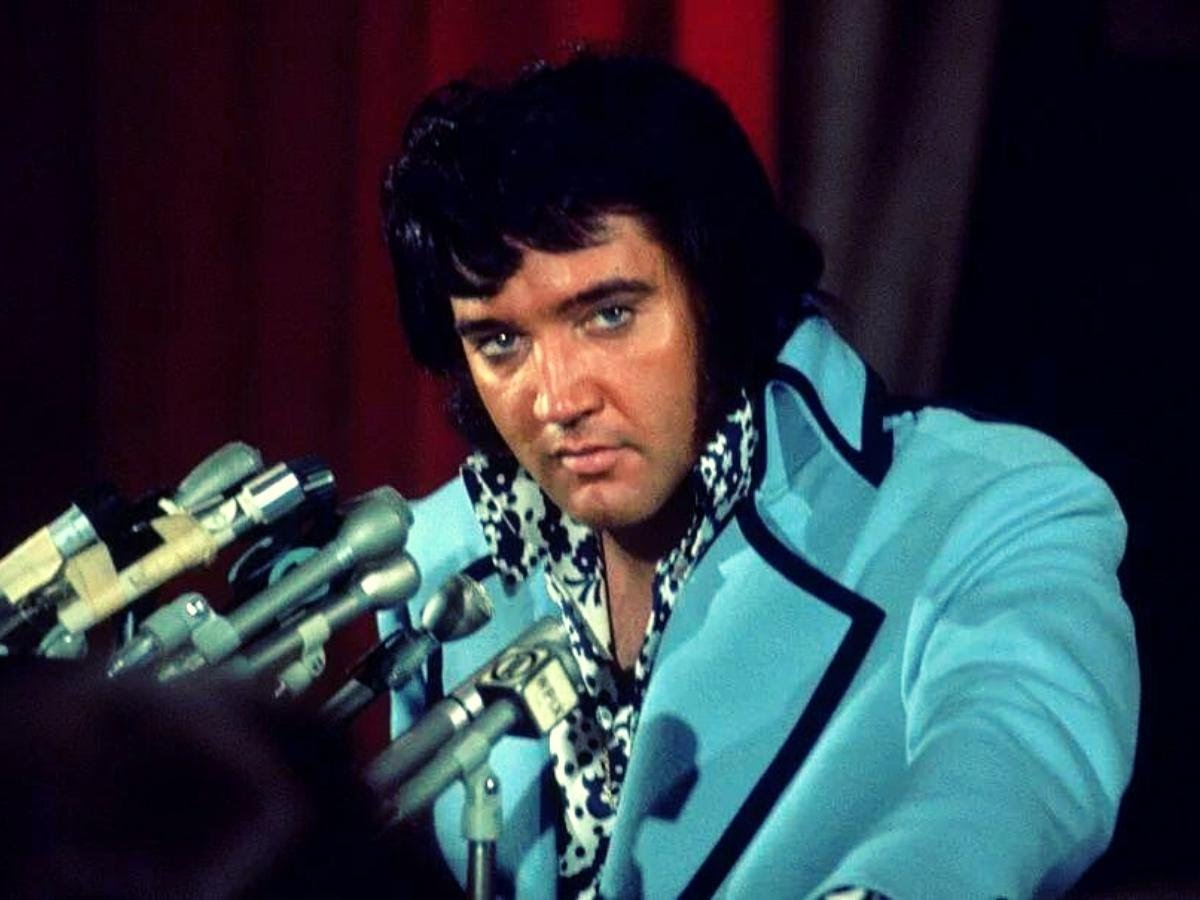Emerging as the biggest name in the 1950s rock ‘n’ roll scene, Elvis Presley became one of the first-ever globalised superstars. As the Beatles’ John Lennon once famously remarked: “Before Elvis, there was nothing.” Presley’s musical career blossomed through the decade, with US record shops turning over vast profits from his hotcake singles.
In December 1957, Presley was drafted into the US Army. In reaction, fans launched petitions on an impressive scale, requesting that he be spared, but Presley didn’t want special treatment. “The Army can do anything it wants with me,” he famously stated at the time. After one deferment, which allowed him to complete his movie King Creole, Presley was sworn in as an army private in Memphis on March 24th, 1958.
After serving most of his term as an armour intelligence specialist in Germany, Presley was honourably discharged in March 1960, just in time for the swinging ‘60s. This second wind for Presley’s career was less impactful. Rock ‘n’ roll had evolved for a few years without him, and the British Invasion was just around the corner.
In 1956, Roy Orbison was signed by Sun Records, Presley’s formative label, and alongside the likes of Johnny Cash and Jerry Lee Lewis, began to make a name for himself. Unlike Presley, Orbison liked to write his own lyrics. One of his early ambitions was to have Presley sing one of his songs, and in 1960, as the King returned from his military duties, Orbison made his move.
Understandably, Orbison saw Presley as the perfect man to take on his new song, ‘Only the Lonely’. After getting in contact with the star, however, he was disheartened to receive a polite rejection. Sadly, Orbison received a similar response after pitching the track to The Everly Brothers. Consequently, Orbison ended up putting the single out himself in May 1960.
On October 20th, 1960, Orbison’s quivering croon saw ‘Only the Lonely’ strike the top of the UK singles chart after reaching a peak at number two in the US. Needless to say, Presley will have felt a little regret as he reviewed the stats, but overall, he was happy for his fellow Sun Records alumnus.
Through the 1960s, the pair’s friendship blossomed and during one of Presley’s famous Las Vegas concerts, he described Orbison as having the “perfect voice” and called him the “greatest singer in the world.”
In a return of praise, Orbison reflected upon seeing Presley perform in Odessa for the first time in February 1955. “His energy was incredible; his instinct was just amazing,” he recalled in a 1980 interview. “I just didn’t know what to make of it. There was just no reference point in the culture to compare it.”



